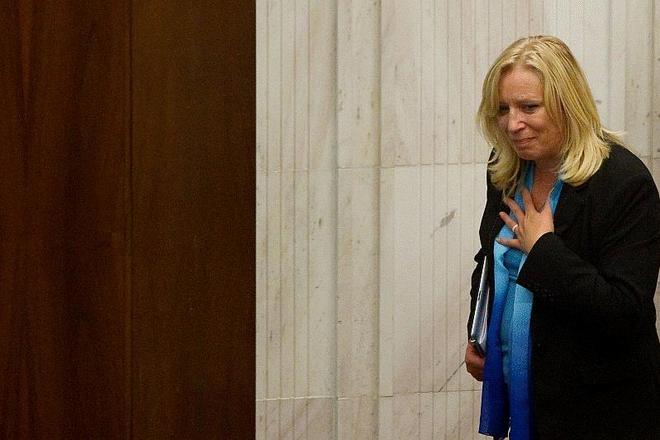SLOVAKIA entered 2011 with a functioning centre-right government that had ambitions to reform the country’s judicial system and payroll levy system, as well as to begin addressing the problems of the public health-care sector and its finances, among other goals. Market watchers anticipated economic recovery along with a revival in the labour market, while political analysts foresaw little danger of major turbulence in the government. As 2011 draws to a close, the picture looks very different.
Slovakia ends the year with a caretaker government and is preparing, somewhat reluctantly, for its second general election in less than two years, all the while watching the economies of its major trading partners slow and bracing itself for another possible recession.
While politicians have been largely supportive of an agreement reached by European leaders at the latest in a series of ‘last-chance’ summits to save the crumbling eurozone – this one, held in Brussels on December 8-9, agreed to build a fiscal union and enforce greater fiscal discipline across the single currency area, albeit without British involvement – Slovakia is still facing a turbulent year ahead.
After the sudden fall of the government of Iveta Radičová on October 11, the single most dramatic political event of 2011, parliamentary elections will now take place on March 10, 2012.
The elections became necessary after the four-party coalition government lost a vote of confidence over enlargement of the eurozone’s temporary bailout fund when one of its members, Freedom and Solidarity (SaS) party, refused back it. The opposition Smer party, which also refused initially to back an extension of the European Financial Stability Facility (EFSF)– a tactic it used to bring down the government; the party supports the EFSF changes – unanimously supported the deal in a second vote once the other three governing parties agreed to an early election.
Prime Minister Radièová had chosen to make the EFSF vote a confidence issue in an apparent effort to strong-arm SaS into backing it, but the tactic backfired. The collapse of the four-party coalition means that unlike in 2010, when the centre-right parties were focused on denying Smer leader Robert Fico the keys to the prime minister’s office, this time around they are likely to be fighting just as hard among themselves.
Though the centre-right government will remain in power until the March elections, its powers have been significantly curbed: Fico described its responsibilities as being limited to “heating and lighting”.
As a result, the Radièová government has had to shelve many of its plans, including reform of the payroll levy system, changes to the financing of local government and the transformation of state hospitals into joint-stock companies – with no guarantee that any future government will resurrect them.
During its 16 months in power, the Radièová government did manage to push through changes intended to bring more transparency to public procurement, allow more public oversight of the judiciary and introduce more flexibility in the labour market.
Nevertheless, the developments preceding the fall of the government brought Slovakia briefly to the world’s attention in 2011, as it was the last country in the eurozone to vote on changes to the EFSF, which European leaders had agreed in July in an effort to calm increasingly jittery global markets.
The October 11 vote meant Slovakia was the only eurozone country to reject the EFSF changes. However, the second vote, only two days later, resulted in parliament ratifying the changes and in Slovakia slipping back out of the global headlines.
Another top stories of 2011:
Judiciary undergoes changes
Battle over prosecutor drags on
Minister sacked over wiretapping scandal
Corruption still in focus
Troubled deals



